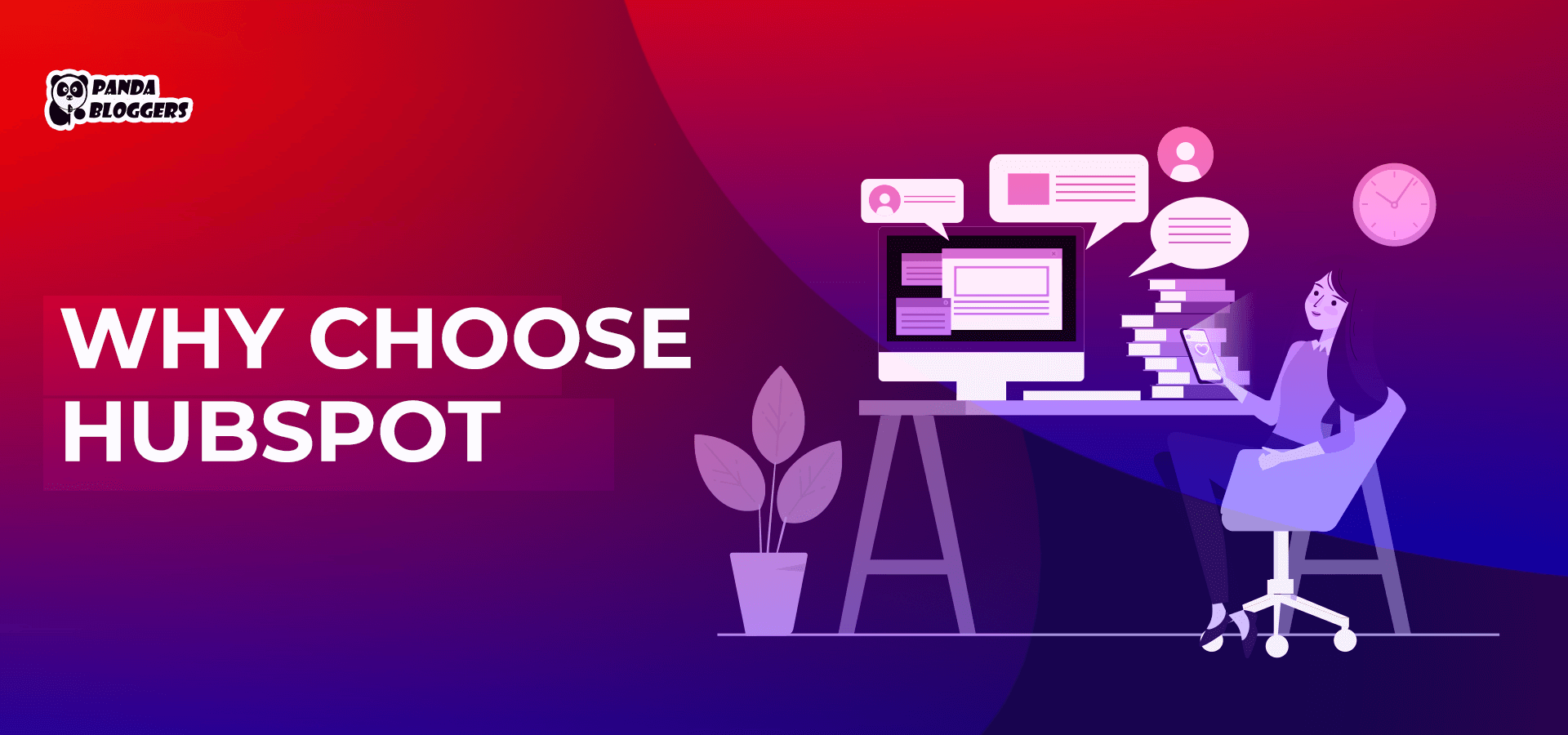 Why Choose HubSpot?
Why Choose HubSpot?
Contact/Customer relationship management (CRM) software helps businesses boost customer experiences by managing and monitoring interactions with existing and prospective customers. HubSpot is currently one of the leading CRM systems in the market. According to BuiltWith Trends, over 560,904 live websites currently use this cloud-based CRM platform for tracking customer relationships.
HubSpot facilitates and boosts boost marketing, sales, and customer service activities by providing AI-powered tools. HubSpot provides businesses with a slew of products – marketing automation software, sales software, customer service software, operations software, and B2B commerce software. An organization can avail of these automation tools by choosing from free and premium plans.
In addition, small businesses and startups can streamline customer relationship management by bundling the starter edition of each automation tool. Why choose Hubspot? Enterprises use HubSpot for a variety of purposes – generating leads, building sales pipelines, generating AI content, and scaling customer support.
That is why; decision-makers like you must consider important use cases of the software to decide why choose HubSpot accurately.
Why Choose HubSpot: 11 Important Use Cases and Reasons
Lead Generation
HubSpot helps businesses generate qualified leads by centralizing omnichannel marketing campaigns. Marketers can use a single framework to increase brand awareness and generate leads by running social media campaigns and managing paid advertising campaigns. They can further convert website visitors into leads by embedding engaging forms and call-to-actions.
The marketing reporting tool provided by the software helps them visualize the buyer’s journey in real-time. Likewise, built-in marketing analytics tools make it easier for them to assess lead-generation activities using important metrics. However, businesses can use HubSpot to convert leads into customers by boosting lead nurturing activities.
Marketing Automation
HubSpot is one of the CRM platforms that features advanced marketing automation tools. In addition to curtailing costs, marketing automation tools help businesses increase marketing ROI by making data-driven decisions. Marketing teams can leverage these tools to engage prospects by sending emails/SMSs and running retargeting campaigns.
At the same time, HubSpot makes it easier for them to create and scale channel-specific messaging using AI technologies. Marketers can further follow up with leads early by creating automated workflows based on interactions like site visits and link clicks. HubSpot automates customer data analysis using advanced marketing analytics. The analytics solutions boost marketing activities by sharing actionable insights with the team.
Sales Pipeline Creation
In addition to facilitating lead generation, HubSpot helps marketers nurture leads by creating sales pipelines based on real-time data. The templates and A/B testing tool provided by the software make it easier for marketers to engage prospects by sending emails. Also, salespeople get automated notifications once a prospect engages with the email. At the same time, HubSpot helps decision-makers measure sales performance providing reporting tools and leveraging conversation intelligence.
Sales Acceleration
HubSpot Sales Hub boosts the productivity and performance of salespeople by providing AI-powered tools and data-driven insights. Salespeople can use the software to decide when to follow up with leads and how to book meetings. At the same time, the AI-powered deal management tool enables them to automate the sales pipeline by tracking deal movement and sending notifications. An organization can further use HubSpot to enhance the productivity of the salespeople by setting up a sales content library. Salespeople can access the library to leverage scripts, templates, and plays on demand.
Customer Support Scaling
HubSpot Sales Hub drives the automation of customer services using AI technologies. In addition to enabling access to real-time customer data, the software allows executives to switch seamlessly between important channels like emails, live chat, and Facebook. At the same time, executives can track and resolve issues using the ticketing workspace. An organization can further implement self-service by creating knowledge bases and personalized customer portals. Likewise, it can deliver 24/7 customer support by implementing AI chatbots.
CRM Digital Marketing
HubSpot helps businesses leverage the combined benefits of CRM and automation. As a CRM system, it provides up-to-date information about customers and their interactions with the brand. At the same time, the marketing automation tools offered by the software help marketing and sales teams score, segment, nurture, and convert leads without putting in extra time and effort.
Salespeople can increase sales conversions by nurturing cold leads and winning back dead leads by making data-driven insights. HubSpot further makes it easier for them to reconnect with cold leads using the right communication channels. Many enterprises implement the software to run CRM digital marketing campaigns successfully using data-driven insights.
AI Content Generation
HubSpot reduces content creation time and costs by providing AI-powered tools. Content creators can use the AI-powered tool to produce engaging and valuable content for consumers. Also, the tool helps them customize and repurpose the content for targeted channels. Webmasters can use the AI content creator to keep visitors engaged by embedding relevant content into web pages and removing design bottlenecks. HubSpot makes it easier for them to boost user experiences by tailoring website content for individual visitors.
Content Management
In addition to accelerating multichannel content creation, HubSpot has built-in content management features. HubSpot Content Hub keeps the content accessible to every team by hosting all files in a centralized location. Additionally, it allows content creators to embed personalized content blocks into individual web pages. An administrator can manage multichannel content efficiently by dividing targeted users into relevant member groups – customers, leads, and brand advocates. HubSpot helps managers measure and boost content performance by featuring built-in reporting tools and advanced analytics.
Customer Retention
As noted earlier, HubSpot is designed as a customer relationship management (CRM) platform. It helps customer support executives resolve customer queries by accessing real-time information and using AI-powered tools. In addition, executives can use the software to improve customer satisfaction by collecting customer feedback. HubSpot features advanced service analytics that helps decision-makers monitor key customer support metrics by generating custom reports.
Customer Data Synchronization
HubSpot Operations drives business automation through synchronization of customer data. In addition to unifying customer data collected from various channels, it facilitates informed decision-making by removing duplicate and redundant data. Enterprises leverage the software to make up-to-date customer data available to various teams – sales, marketing, and customer support. At the same time, different teams can maintain data accuracy and consistency through a two-way exchange of real-time customer information.
Why Choose Hubspot: Final Words
HubSpot is currently one of the widely used CRM platforms. In addition to leveraging artificial intelligence (AI) technologies, the platform facilitates marketing, sales, customer service, and content creation by providing free and premium tools. However, you must evaluate the pros and cons of the popular CRM platform while answering the question – why opt for HubSpot? At the same time, you must not consider popular HubSpot alternatives that help your organization manage customer relationships by reducing costs and complexities.



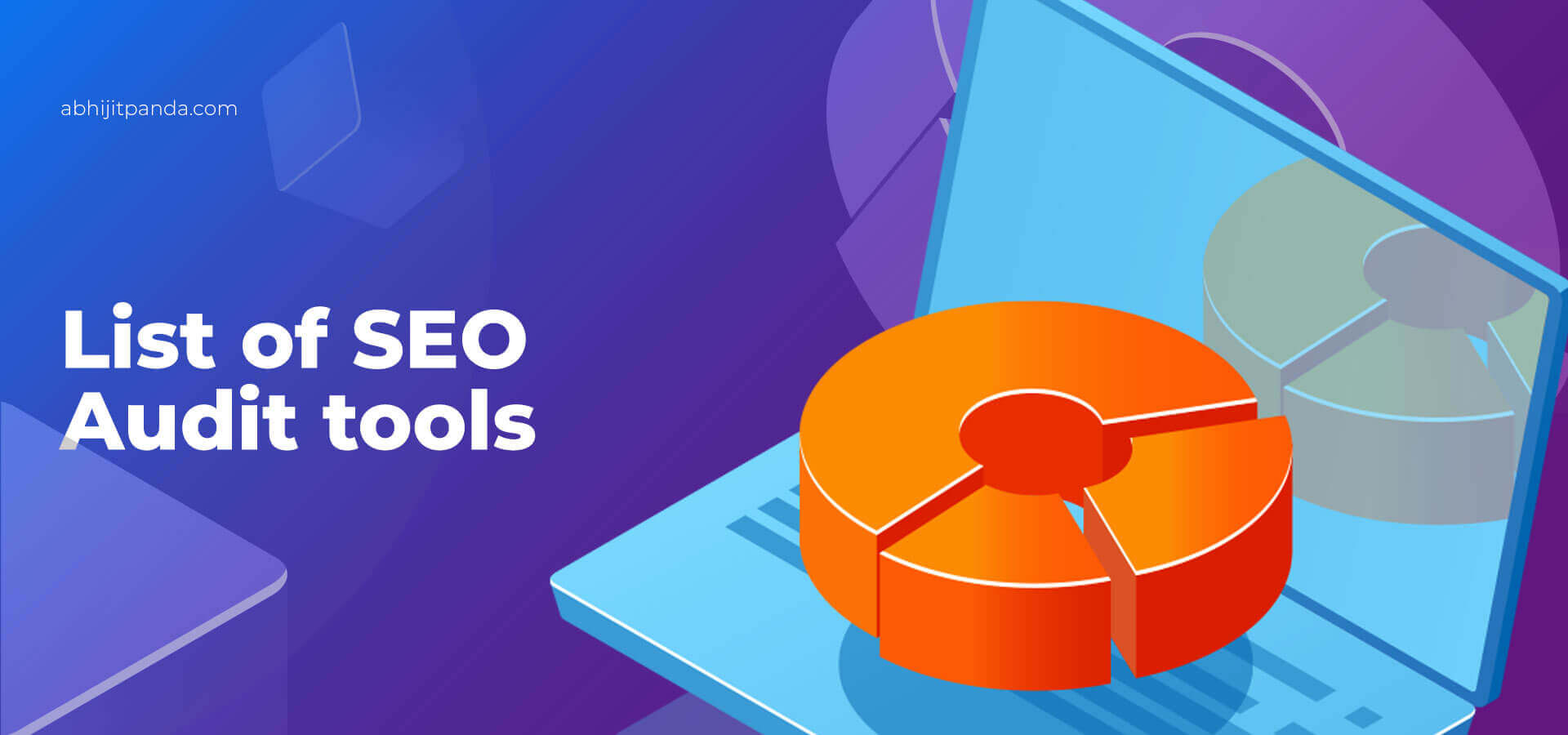
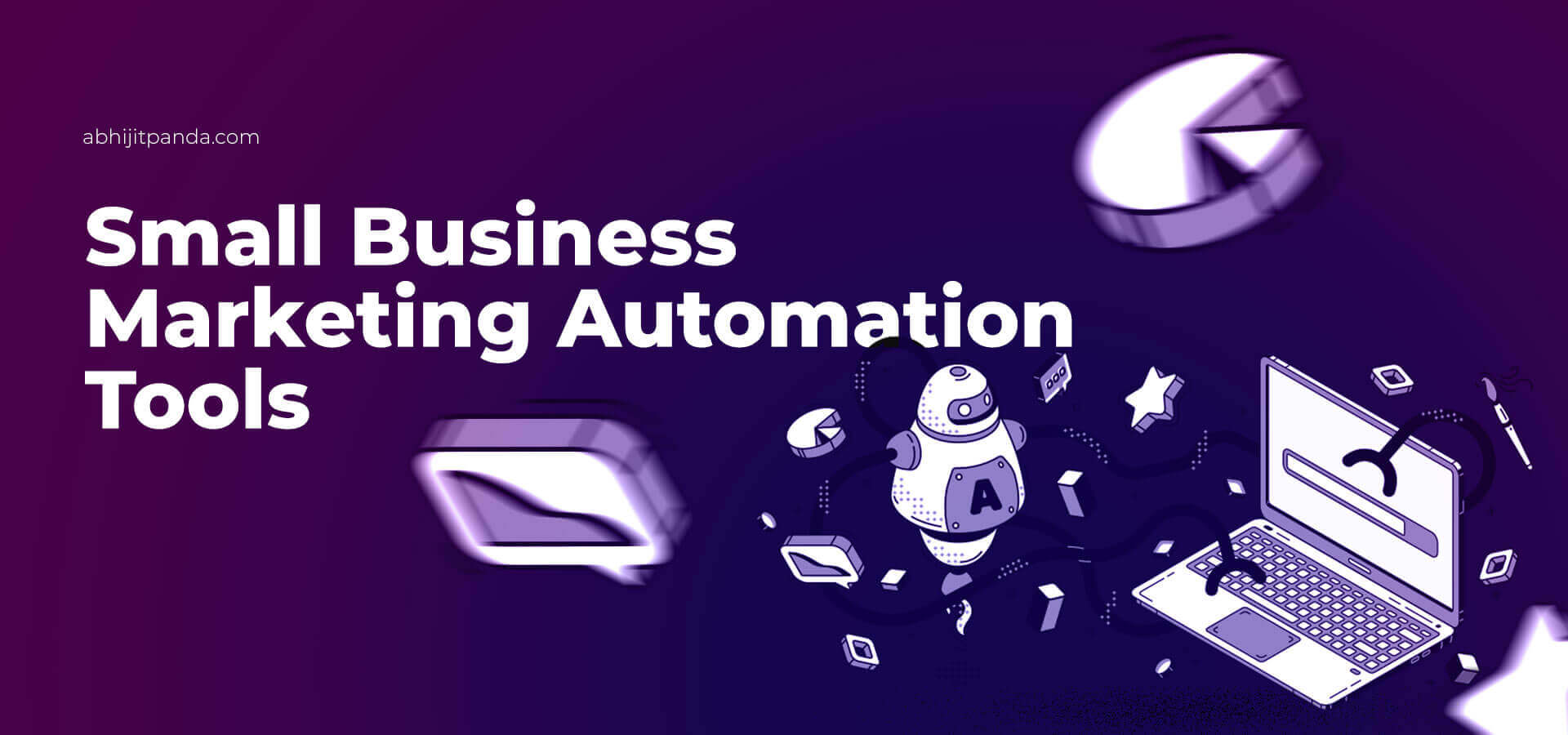
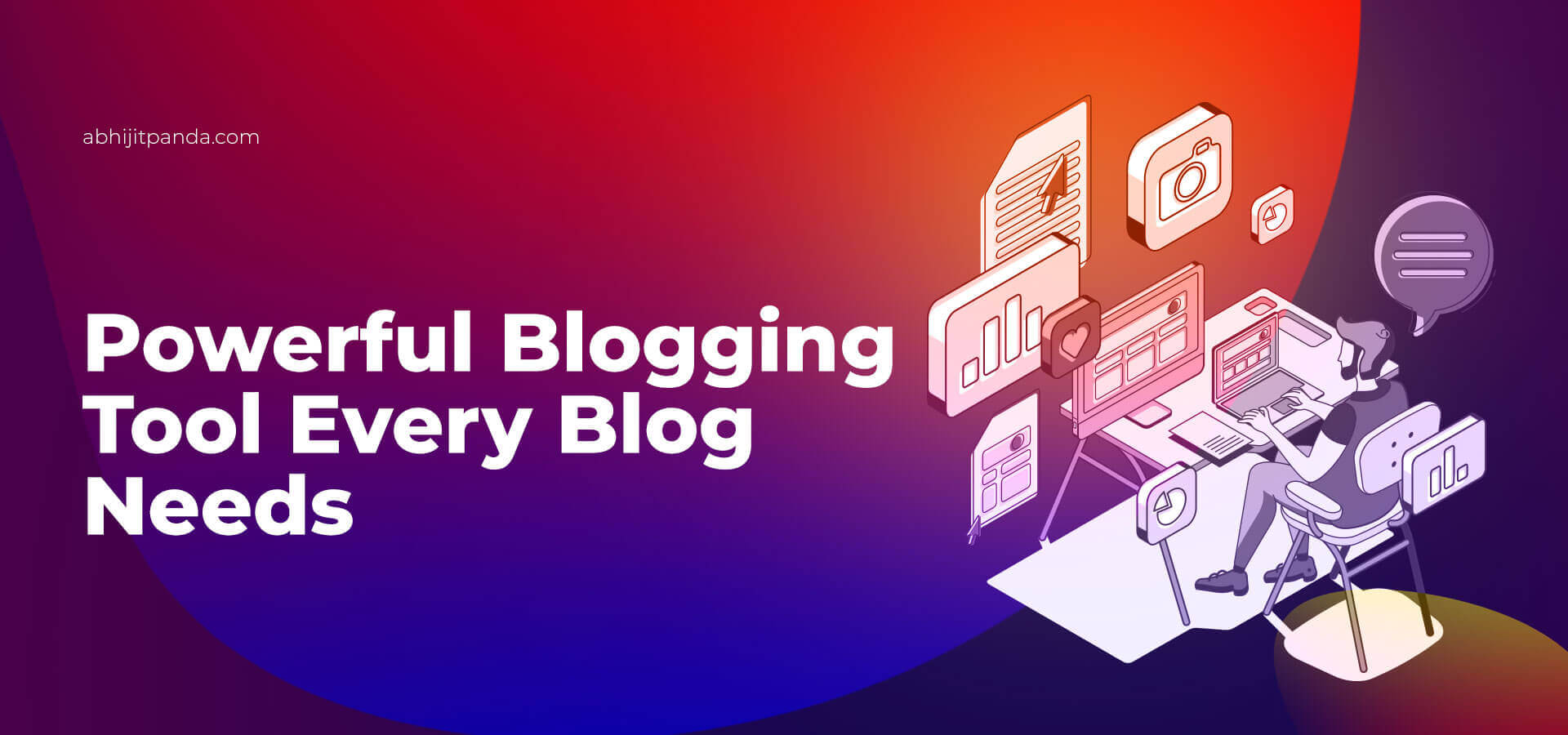
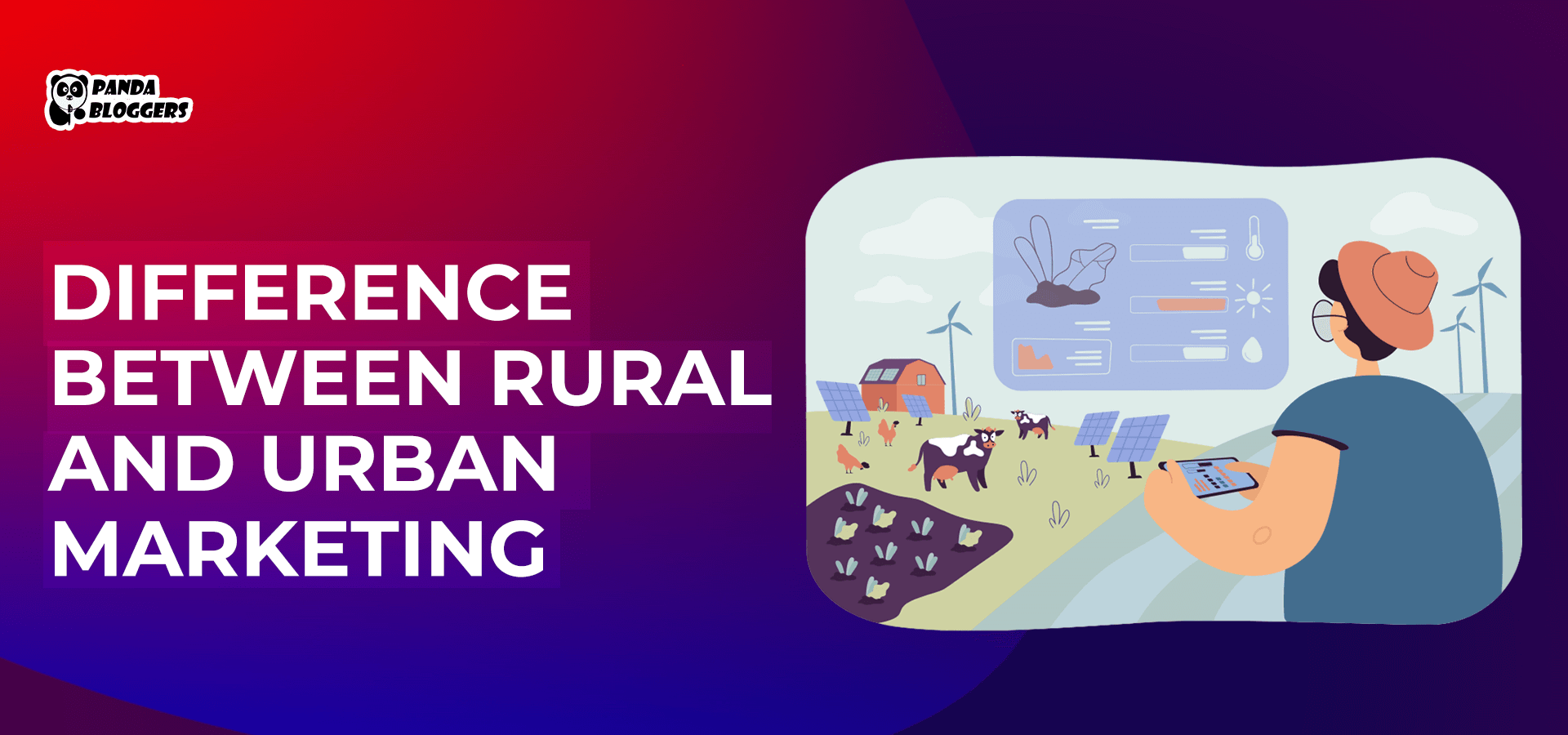

Leave a Reply